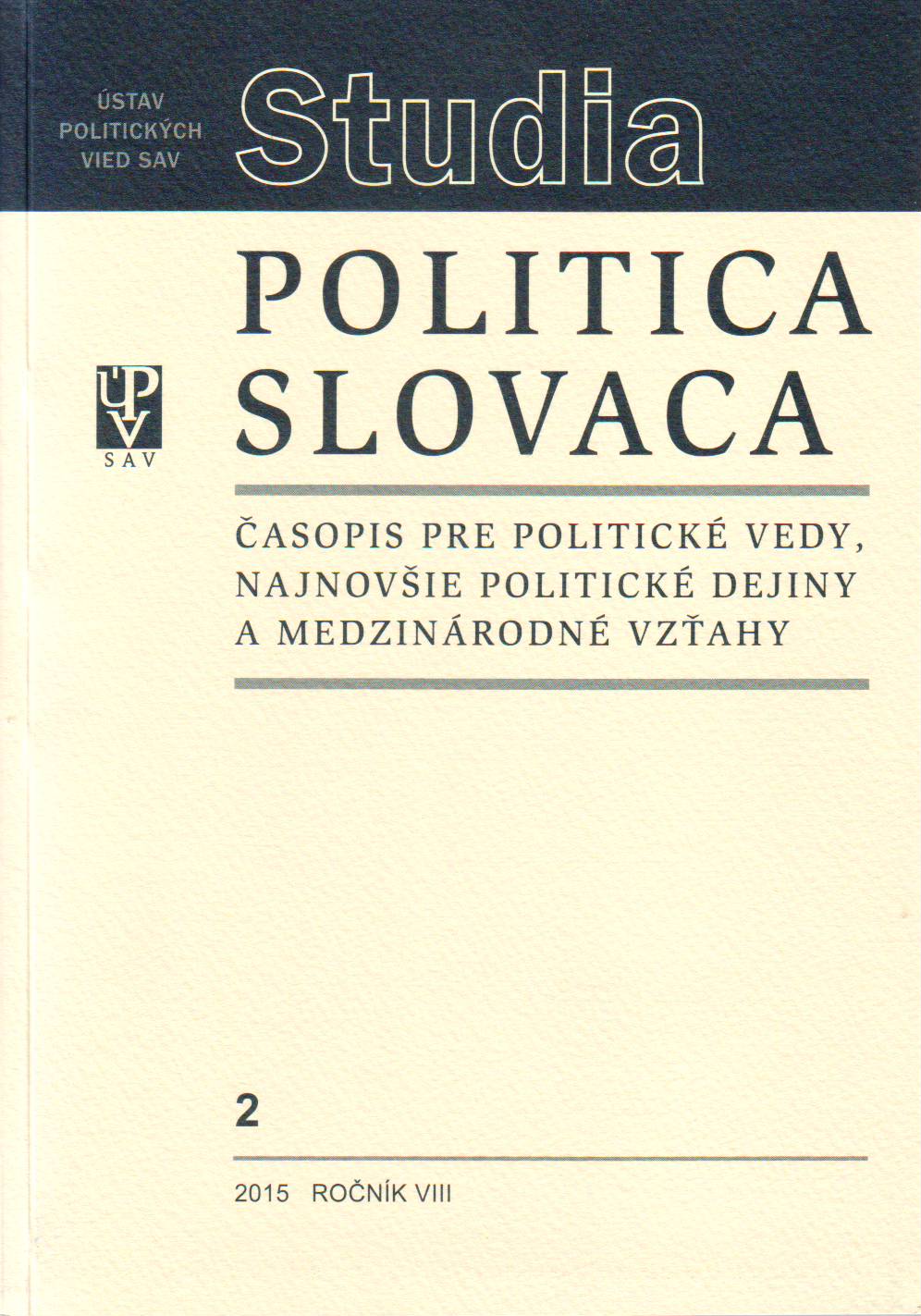Politická história a spoločnosť po roku 1989
Political history and society after 1989
Author(s): Norbert KmeťSubject(s): Politics / Political Sciences
Published by: SAV - Slovenská akadémia vied - Ústav politických vied Slovenskej akadémie vied
Keywords: dealing with the past; totalitarian regimes; political history; communist regime; the Slovak State
Summary/Abstract: All communities largely care about their own political history, as this is part of their common identity. It is natural for politicians and political parties to seek legitimacy for their own power and political position in historical events, regardless of whether they identify with the Right or with the Left. Societies usually recall events inspiring pride and conjuring up memories of the struggles for freedom. After1989, as a result of the change of the social and political situation, post-communist countries began toput a very strong emphasis on political history. Politicians have utilised legislation to push for a binding political interpretation of history ever since the collapse of communist regimes, which has naturally generated conflicts in a democratic system, particularly among social scientists and diverse segments of civil society, who often present the views of a particular political line. Proclamation of a new beginning once again became the most acceptable solution, acknowledged by the absolute majority of society. Dealing with the past is never a purely individual problem; it is always a collective issue, for the history of an individual coincides with the history of a collective and vice versa. There will always be a dispute about whether individual or collective dealing with the past are sufficient and whether institutionalization of the problem and the adopted legislation are able to adequately reflect the real attitude of society towards totalitarian regimes.
Journal: Studia Politica Slovaca
- Issue Year: VIII/2015
- Issue No: 2
- Page Range: 5-21
- Page Count: 17
- Language: Slovak

